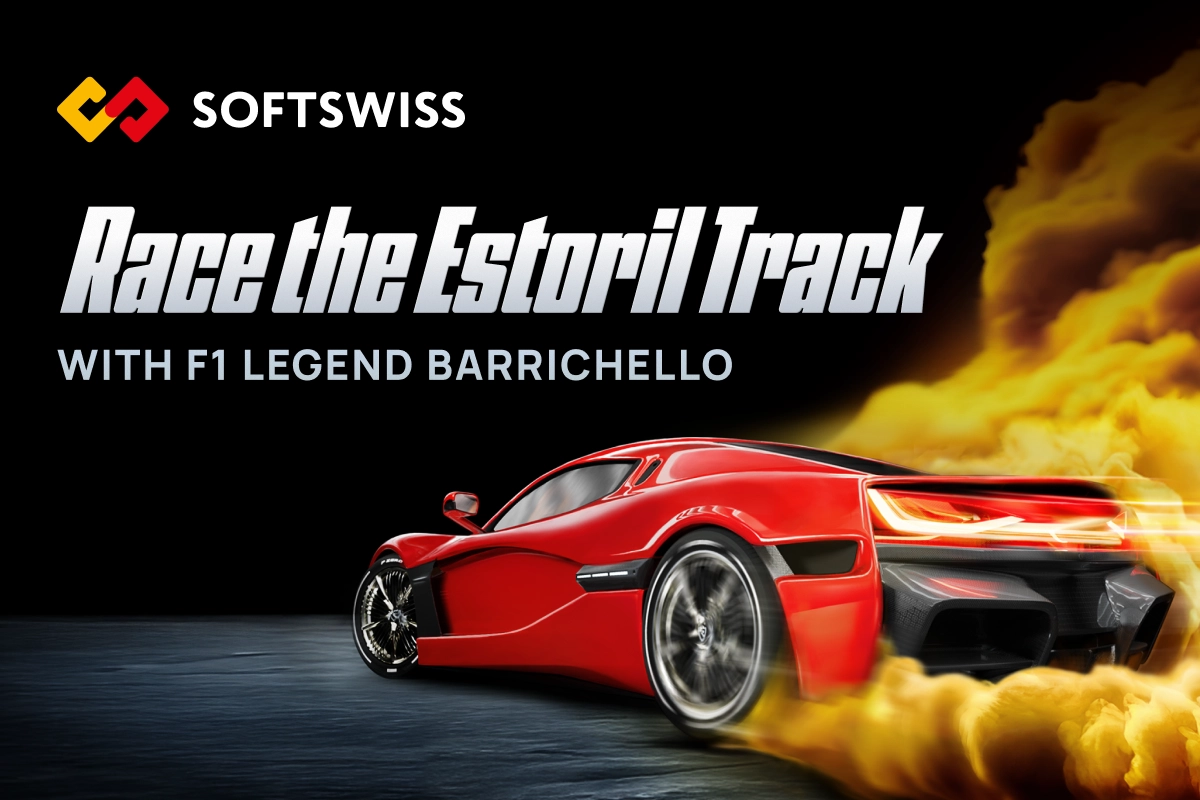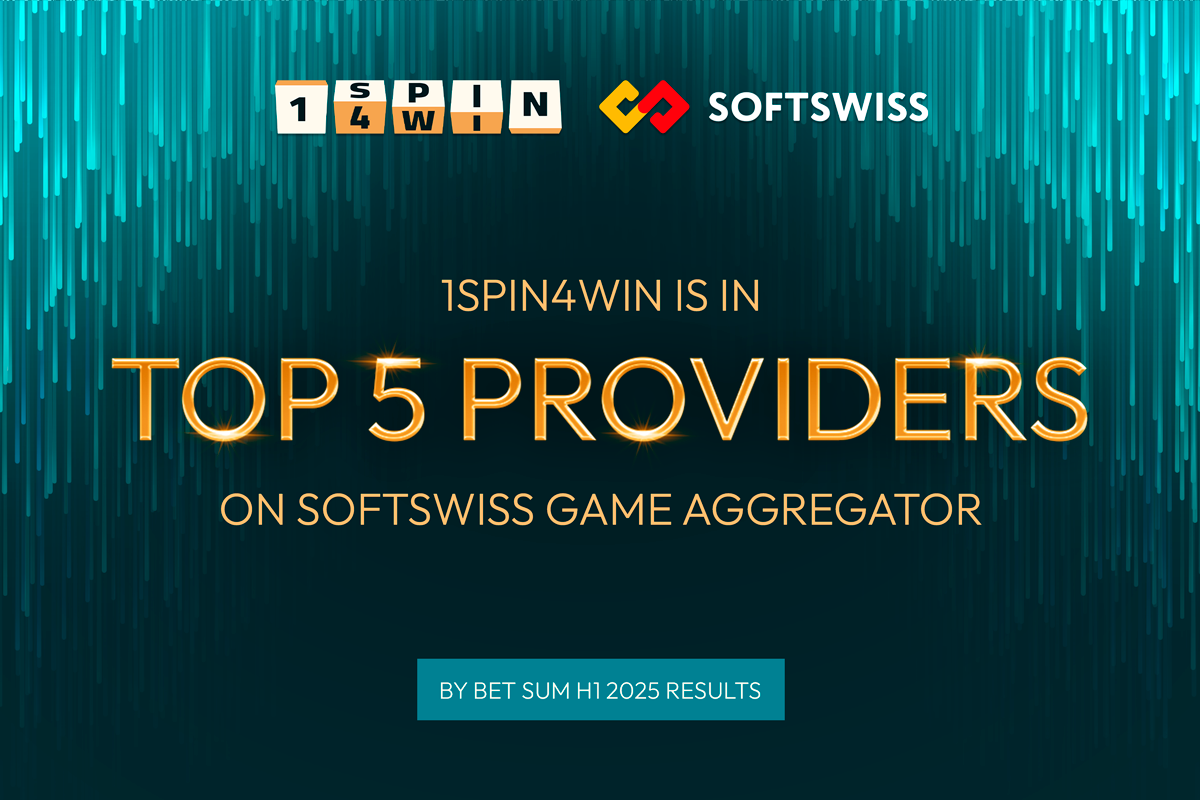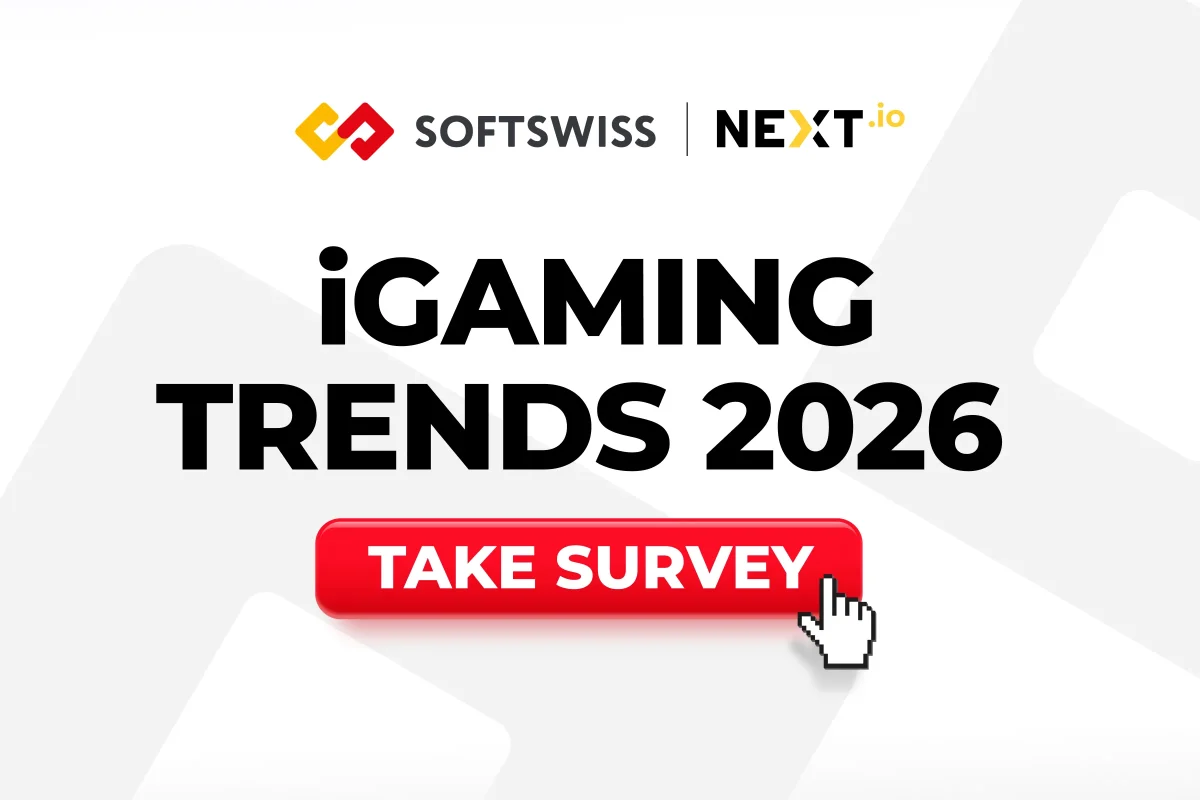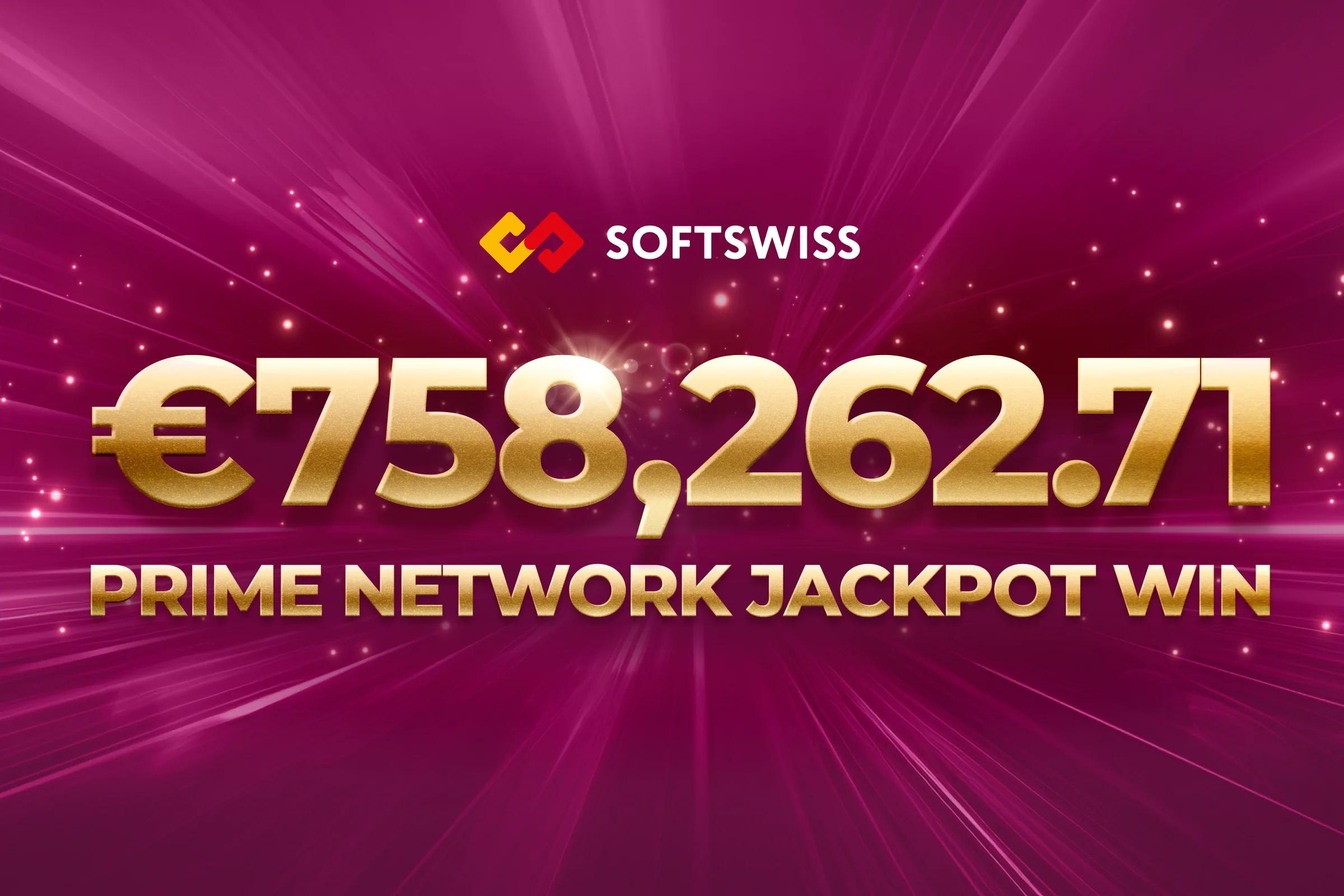Interviews
Make It Personal, Make It Competitive: Why Gamification Is Winning in Sportsbook
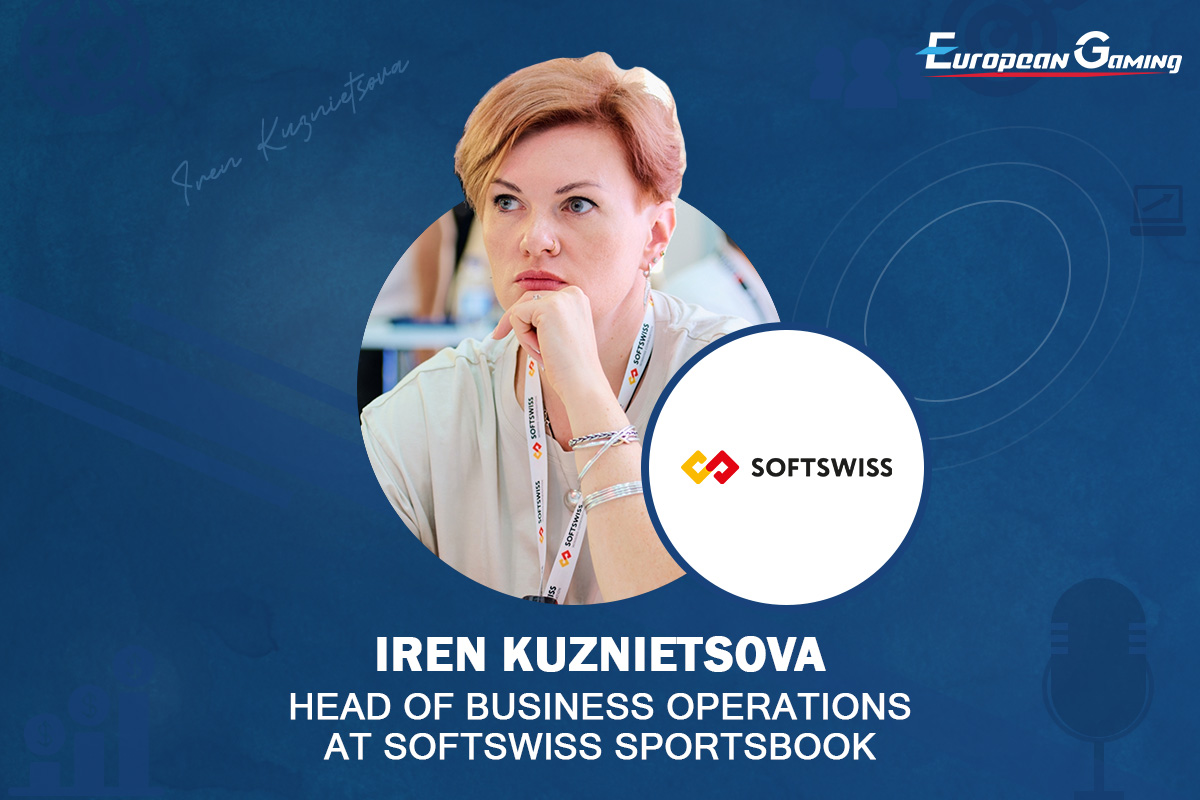
With player loyalty becoming harder to earn and easier to lose, operators are shifting focus from short-term promotions to long-term engagement mechanics. In this interview, Iren Kuznietsova, Head of Business Operations at SOFTSWISS Sportsbook, breaks down why gamification is no longer a ‘nice-to-have’ and how smart design – from loot boxes to network jackpots – is reshaping the way we think about retention, ARPU, and product differentiation. This is not a conversation about gimmicks – it’s a deep dive into the architecture of modern sportsbook experiences.
Let’s start from a broader perspective – what do you see as the biggest challenges for the sports betting industry today?
Iren Kuznietsova: If I had to sum it up in one word, I’d say saturation. The market is incredibly crowded, especially in mature regions where players already have their go-to platforms, favourite odds formats, and habits. So, when a new brand or product enters the scene, it’s not just about being good – it’s about being different in a way that matters.
Another challenge is player loyalty – or, rather, the lack of it. Today’s users are incredibly savvy. They chase bonuses, compare experiences, and won’t hesitate to jump from one operator to another if they feel bored or overlooked. Retention is a real battleground. And I’m not talking about just sending out reminder emails or throwing in a free bet. I mean building systems that make people want to come back – because they’re engaged, entertained, and feel like they’re progressing in some way.
There’s also constant pressure to increase ARPU without crossing that fine line where the experience becomes too aggressive or transactional. That’s where smart design decisions come into play – including personalisation, content curation, and, yes, gamification. But we’ll get to that.
So, I’d say the three biggest fronts today are differentiation, retention, and value per player. And the solutions aren’t always technical – they’re often behavioural. It’s about how well we understand our players and how much thought we put into the experience beyond the bet slip.
You mentioned retention – it feels like that’s becoming a more complex issue than ever. Why is keeping players engaged getting harder, and how are operators trying to solve that?
IK: Absolutely – retention used to be a lot more straightforward. You’d offer a welcome bonus, maybe some free bets at the weekend, and that was enough to keep a solid base of players. But the reality has shifted. Today’s players are digital natives – they’re used to hyper-personalised experiences from Netflix, Spotify, and even Duolingo. Their expectations skyrocketed, and attention spans have plummeted.
In this environment, just offering more betting options or bigger odds isn’t enough. Players want to feel something. They want interaction, feedback, sense of progress. That’s why engagement strategies have become much more layered. It’s no longer about just giving rewards – it’s about giving a reason to return.
Operators are responding in different ways. Some focus on content – live streams, editorial previews, and even influencer commentary. Others double down on user experience, trying to make every click frictionless. But what we see more and more is a shift towards interactive structures: missions, personal goals, reward tracks. These mechanisms aren’t just about giving players more to do – they’re about making every action feel part of a bigger journey.
Retention, in that sense, is becoming a design challenge as much as a marketing one. And the operators who understand that – who stop thinking purely in bonuses and start thinking in systems – are the ones making real progress.
Where does gamification come into play in this context? Is it just a buzzword, or does it offer real, measurable impact?
IK: I understand why some people might still think of gamification as a buzzword – it’s one of those concepts that’s easy to name but hard to do right. But when it’s executed well and aligned with user psychology, the impact is absolutely measurable. We’re not just talking about engagement in a fuzzy, feel-good sense – we’re talking about tangible changes in user behaviour, value, and retention.
A great example is our SOFTSWISS Sportsbook Network Jackpot. It’s essentially a shared progressive jackpot that runs across multiple brands, allowing operators to offer massive rewards without bearing the cost alone. From the player’s side, it’s a simple mechanic: place qualifying bets and you might win big. But under the hood, it functions as a powerful piece of gamified design.
We ran a campaign to test the effect, and the numbers speak for themselves. Average Revenue Per User (ARPU) jumped by +51% for mid-tier brands during the promo period, while Average Turnover Per User (ATPU) nearly doubled – +91.9%, to be precise. Even more impressive, top-tier brands that were already performing well still saw ARPU grow by 155% when they enabled the jackpot. These are not cosmetic changes – they are shifts in player value and behaviour.
And what’s crucial is that these results didn’t come from just throwing money at players. The mechanic worked because it added emotional weight to the betting experience: a sense of collective participation, anticipation, and narrative. You’re not just placing a bet – you’re contributing to a shared prize pool building in realtime. That’s textbook gamification psychology.
So yes, I believe in gamification – not as a gimmick, but as a systemic layer that can dramatically enhance the sportsbook experience. And again, the flexibility of our platform plays a big part here: features like the Network Jackpot are fully integrated and require no additional ops load from the operator side. That’s where the magic happens – when product, UX, and infrastructure all pull in the same direction.
From your experience, which gamification mechanics actually work in a sportsbook setting, and which ones are maybe overhyped or misunderstood?
IK: That’s a great question – because the truth is, not everything that’s labelled as gamification actually adds value. Some features sound fun on paper, but if they’re not grounded in user behaviour, they’ll just sit there unnoticed.
The mechanics that truly work are the ones that build micro-goals and progression into everyday betting. For example, we’ve seen fantastic results with our Hunting Bonus – players place regular bets, earn points, and automatically unlock free bets based on their own activity. It introduces a rhythm, a sense of farming through play. That’s incredibly powerful psychologically.
Another mechanic that resonates well, especially with confident bettors, is the Combo Boost Bonus. It rewards players for building express bets by adding extra value to the total odds. It’s simple, but it encourages deeper engagement and strategic decision-making. And then there’s the Free Bet Booster, which adds a layer of anticipation: spin a wheel and see if your bonus gets multiplied – or maybe even lost. It turns a basic promo into a game of chance inside the game. Players love that kind of risk-reward moment.
What tends to fall flat are features that try too hard to mimic casual mobile games, like slot-style visuals or animations that disrupt the flow of betting. If you’re not careful, these can break the immersion rather than deepen it.
Ultimately, successful gamification in a sportsbook is about enhancing the core experience, not replacing it. If the mechanic complements how the user already thinks and bets, it feels natural. That’s when it works.
Looking ahead, do you think gamification can evolve beyond the usual missions and leaderboards? What’s next in designing sports betting experiences that feel dynamic and personal?
IK: I think we’re just scratching the surface of what’s possible. The next evolution of gamification in a sportsbook is less about badges and more about smart, adaptive systems that respond to how players behave.
For instance, we’ve already started rolling out mechanics like the Loot Box Bonus – players accumulate points by betting, and once they hit a threshold, they get to open one of several boxes containing different types of free bets. It’s part luck, part reward, and it taps into that dopamine hit players get from unpredictability, in the same way games do.
We also launched Hunting Tournaments – players contribute to a shared prize pool by placing bets, and once they reach a point threshold, they get rewarded from that pool. There’s even a real-time leaderboard. That alone turns passive betting into something social and competitive. It’s no longer just “me versus the odds” – it’s “me versus everyone else,” and that changes the energy entirely.
Looking ahead, I think we’ll see more personalised progression paths, almost like RPG-style journeys through sports betting: based on your behaviour, you get missions, perks, and unlockables tailored to your preferences. And the best part? These tools are already technically possible – platforms like SOFTSWISS Sportsbook are built to support that kind of modular, data-driven engagement.
The challenge now is creativity. How do we use these building blocks to tell stories? To create systems that players don’t just interact with, but remember? That’s where the real frontier lies.
-

 Asia5 days ago
Asia5 days agoDigital gaming disruption tackled in 1st AsPac Regulators’ Forum
-
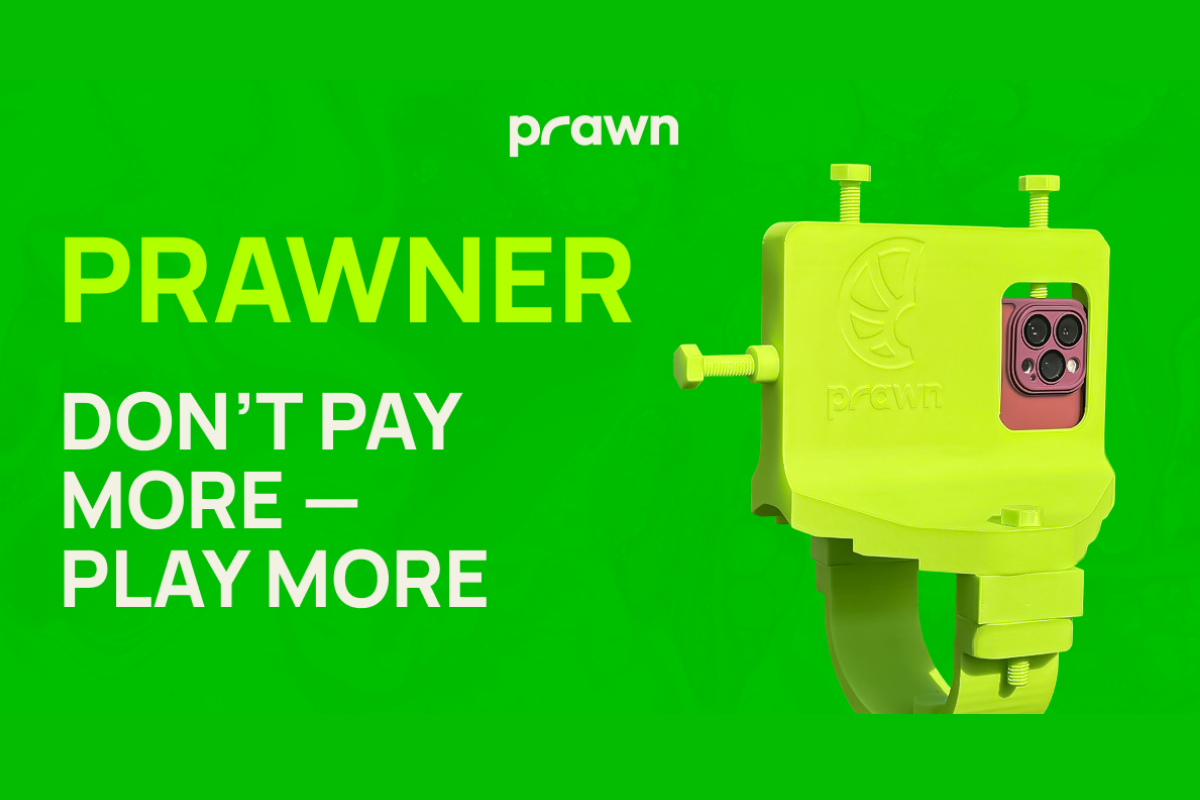
 Central Europe7 days ago
Central Europe7 days agoFootball Stats Startup Challenges Multi-Million Company With Free Publication Of Blueprints
-

 Latest News7 days ago
Latest News7 days agoThe Current State of the German iGaming Market and Its Role in Europe
-

 Eastern Europe7 days ago
Eastern Europe7 days agoSYNOT Games Partners with WIN2
-
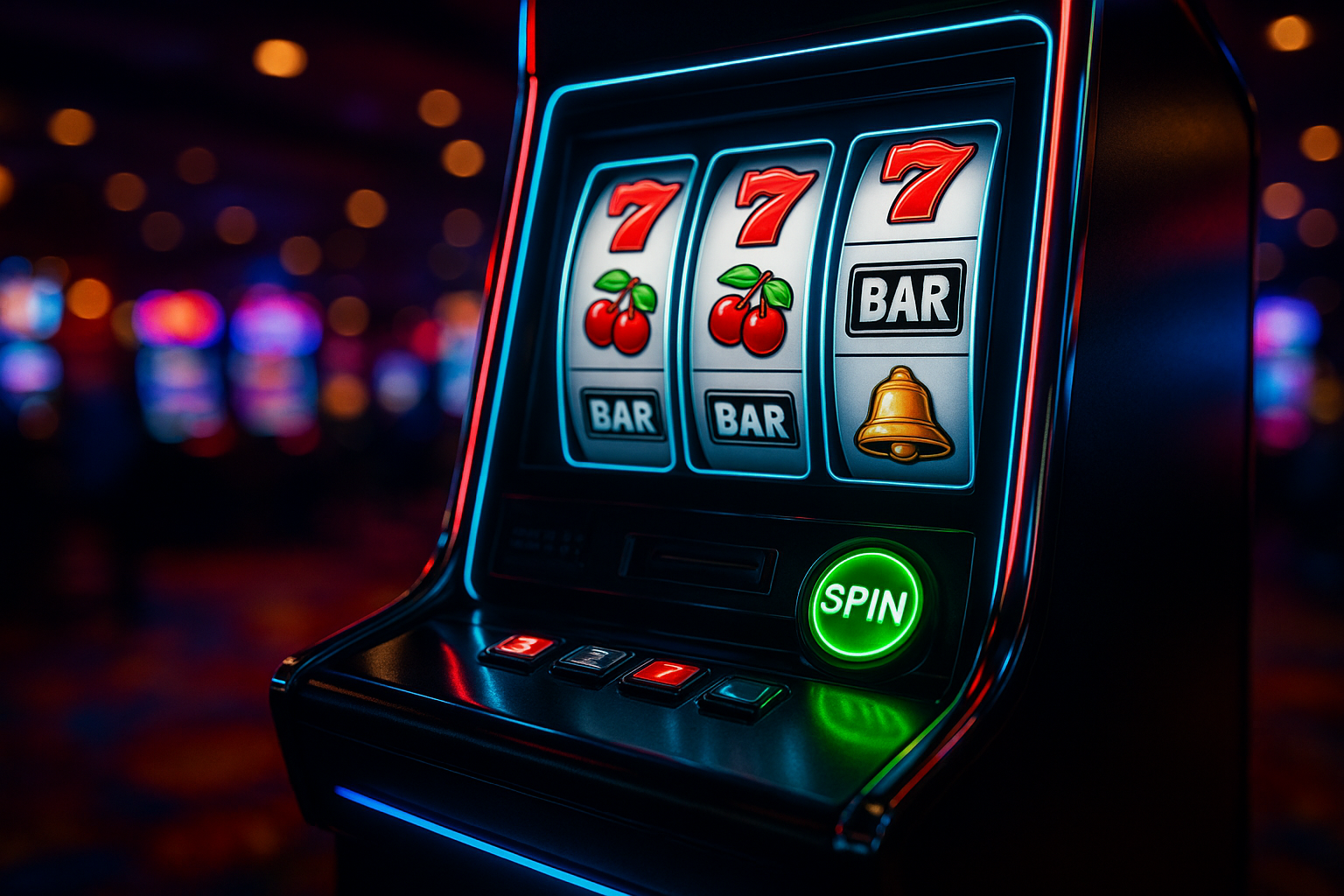
 Latest News7 days ago
Latest News7 days agoOperator-Exclusive Slots: Do Content Bundles Still Deliver ROI?
-

 Africa6 days ago
Africa6 days agoKiron announces the launch of its new virtual football title, Turbo League, with SportPesa in Kenya and Tanzania
-

 Conferences in Europe7 days ago
Conferences in Europe7 days agoBC.GAME to Showcase at SBC Summit 2025 in Lisbon
-

 Latest News7 days ago
Latest News7 days agoPodium’s Racing Data to Power Dabble’s Social-led Betting Service in the UK






